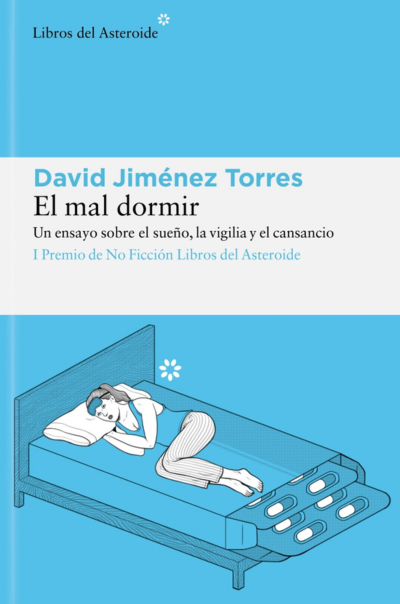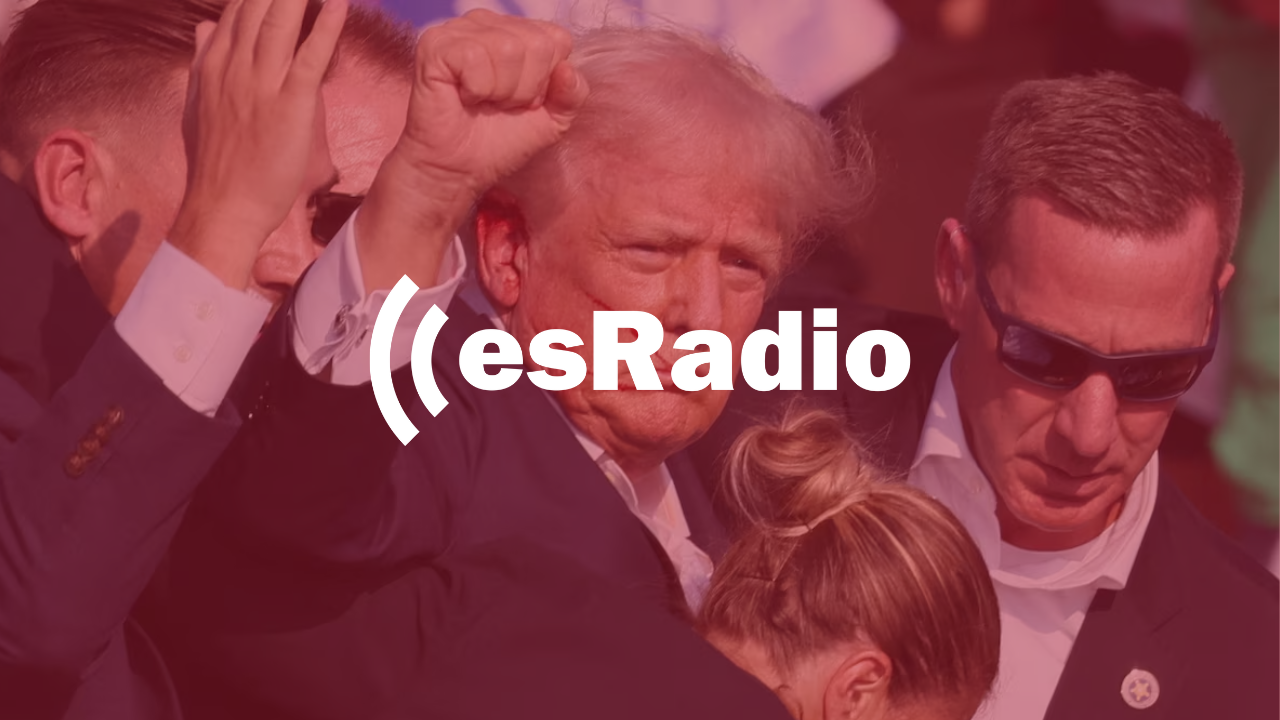These days, the political debate has contaminated one of the most delicate and essential issues in society, and from which, precisely because of that, it should maintain a certain distance: education. The fundamental right “that assists parents so that their children receive religious and moral education that is in accordance with their own convictions”, guaranteed by the public powers (article 27 of the Spanish Constitution, hereinafter CE), has been shaped by the Government and its partners in order to justify the implementation of school activities and workshops that deal with sensitive issues (sexuality or gender ideology, among them), especially for younger students, who are in the process of physical and moral development.
Isabel Celáa, Minister of Education, argues the need for these talks and activities within the framework of “comprehensive education” that all children must receive. Actually, the training of new generations should not exclusively deal with academic subjects, but also with values that ensure optimal citizen coexistence. However, the problem arises when the Government meddles in teaching matters that go beyond those merely curricular, that is, when it decides what is moral and what is not, because, then, this will depend on the ideology of the ruling party. For this reason, it is of vital importance that education is not in the hands of the Executive on duty, since, if it changes, the educational system will also do so, as has already happened several times in Spain.
Freedom of education is included both in the Spanish Constitution (art. 27) and in the Universal Declaration of Human Rights (art. 26.3) and includes the rights and duties of students and parents, declared in the Eurydice report of the European Commission. Of course, this educational freedom is not exercised in the same way in every country. Thus, the Finnish model is framed in a stable law that does not change with each government, and this makes it position itself at the top of the ranking of the best educational systems worldwide, while Spain still remains below the OECD average.
Families feel notable insecurity when education enters the government’s plans, and even more so when it determines what ethics, what worldview and what values are to be taught in schools.
The desire of this Executive for the control of the institutions no longer affects only the State General Attorney, but also extends to the field of education, to the point that “it is the State who educates”, according to Celaá, who added that in a “democratic state of law there is citizen control in all activities”. This attempt to captivate institutions is already commonplace, so that the abnormal in our democracy has been normalised.
In effect, the position of the Coalition Government was made visible at the appearance of the aforementioned Minister Celaá, that of Equality, Irene Montero, and the Government’s spokesperson, María Jesús Montero, on January 18th. In the context of what the Government, and the left in general, consider as “educational censorship”, specified in the “parental pin”, Irene Montero affirmed that “the children of homophobic parents have the right to be educated on equal values” , or rather, in the values of her Ministry. To the Government’s facility to disqualify anyone who does not support its measures, the constant demand for children’s rights and freedoms is added. In this sense, Celáa assured that these “have the right to receive an education in freedom”. Along the same lines, Minister José Luis Ábalos crossed out the “parental veto” on the grounds of it being a violation of “the coexistence of children’s rights”, days before secretly meeting with number two of Nicolás Maduro, Delcy Rodríguez, vice president of Venezuela where, precisely, the most basic freedoms and rights of children are systematically violated today.
As Celaá pointed out, there is no right that guarantees an “à la carte education”, but both article 27 of the Spanish Constitution and 26.3 of the Declaration of Human Rights recognise “the right of parents to choose the type of education that will be given to their children, according to the religious and moral education that best suits their own convictions”. Furthermore, art. 27.6 CE also recognises “the right of natural and legal persons to freely create educational centres, while respecting constitutional principles”. Within this framework provided by our Magna Carta, 60 percent of schools existing in Spain fall within the Catholic religion, coming from a more conservative sector of society. In both these and private ones, education in values depends more on the centre itself than on public schools. For this reason, the question arises why the left does not promote the creation of new private and concerted schools (private schools partly subsidised by public money) in which its ideology is imparted. However, imposing it through State resources from the public school, and doing it under the title of “comprehensive education” and “egalitarian values”, is much more effective and less expensive and risky.
Why the left does not promote new private and concerted centres in which it imparts its ideology
Faced with this interference by the coalition government in public classrooms, the right wing political sphere and its more conservative side have proposed a measure by which families will be able to inform themselves in advance about workshops, talks and activities that deal with such controversial topics as sexuality or gender ideology, and only later, consent to their children attending or not.
The aforementioned Eurydice report of the European Commission includes the organisation of the educational systems of the EU Member States, and it establishes the basic rights and duties of students and families.
Among those of the student is “his freedom of conscience, his religious and moral convictions, in accordance with the Constitution”, in addition to his “identity, integrity and personal dignity”. However, any student also has the duty to “participate in training activities and, especially, in school and complementary activities”. In any case, at this point, what should a student do when certain educational activities may affect his moral convictions?
Celaá is right with her statement that “children are not the property of the parents”, and indeed, there is only one relationship between the two of parental authority, as she later declared. But it is precisely from the latter that the rights and duties of families emanate, among which are “receiving religious and moral formation that is in accordance with their own convictions” and “being informed about the progress of learning and socio-educational integration of their children”. For this reason, the application of art. 155 in the Region of Murcia, intended by Victoria Rosell (deputy of Podemos) and supported by Celaá, to reverse the implantation of the “parental pin”, seems a crazy idea, since, with it, “they would veto” the right of families be informed inform of the aforementioned activities and the right to ensure an education for children based on religious and moral values that best suits the principles of parents.
Furthermore, Royal Decree 126/2014, of February 28th, establishes in the seventh additional provision of article 16 that “awareness campaigns, training actions and those necessary for the promotion of equality, non-discrimination and the prevention of gender-based violence will be carried out by schools outside of school hours, through seminars, workshops and all kinds of activities”. If so, does a parent’s decision about their child’s attendance to an after-school activity that does not match their values really constitute a “veto” or “educational censorship”?
It seems that the control of education does not come, therefore, from families (since it is their right and obligation to ensure that it conforms to their own values), but from the Government. In this control, one of the main causes of school failure in Spain can be traced, since, as Petja Nylaënen, from the Iberoamerican Institute of Finland, affirms, the key to the success of this Scandinavian country, with 95 percent of public schools, lies in the fact that there is “an education law that does not change completely every four or eight years” and that is kept out of the ideological shifts of political parties.
It is difficult to offer a neutral education, underpinned by principles that seek good social coexistence, if each government establishes its own moral system in public schools. For now, the concerted, and essentially private education, are a safe-conduct for families to avoid, to some degree, government ideological interference. However, this is not accessible to everyone. For this reason, a transversal education agreement is necessary, in order to free it from all ideological and partisan content, both in the teaching of civic values and in the strict academic fields.
Ultimately, education is not the exclusive duty of the family: as an African saying goes, it takes an entire tribe to educate a child, but not everyone in the tribe has the same right to do so. In this sense, it is the parents who hold the primary right, and therefore the correlative duty, and not the State, whose prerogative can only be secondary. It is not a coeducation system between the two, since the responsibility and the burden fall on the family and, therefore, they are not at the same level. Only where the parents do not reach, or in the education of matters of knowledge, not ideological or moral (since these correspond to the family), the subsidiary function of the State appears. A subsidiarity that must be respected in the face of the indoctrinating desire of those who govern us.






